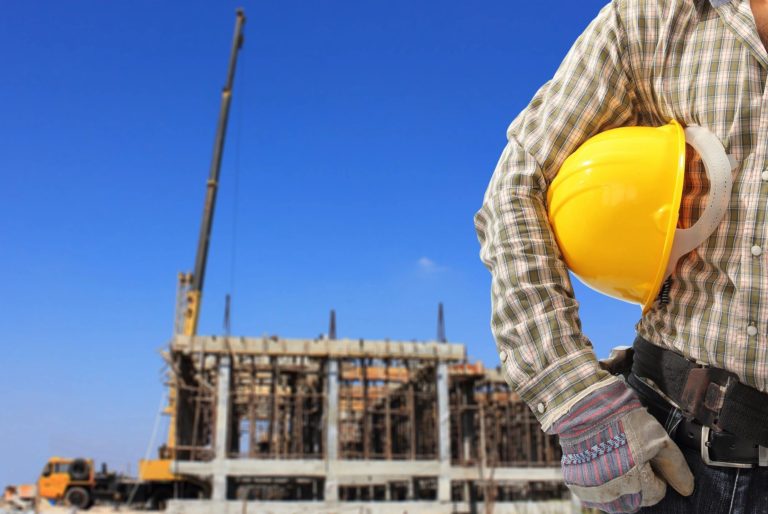Sylvia A. Harvey is an award-winning journalist reporting on the intersection of race, class, policy, and incarceration. She is the author of “The Shadow System: Mass Incarceration and the American Family.”
Her own father was wrongfully incarcerated when she was a child and Harvey says this improved her “ability to understand and report on the far-reaching effects of mass incarceration.”
In an essay for Thirteen, she writes: “My work is intended to illustrate the shadow system of laws and regulations that dehumanize the incarcerated and profit off their loved ones – from mandatory sentencing laws and restrictions on prison visitation, to astronomical charges for brief phone calls and more. The criminal legal system snatches at the seams of the family fabric, often leaving it in tatters.”
She especially wants to talk about the experience women have behind bars. “For anyone who cares about criminal justice reform, understanding the experience of women behind bars is critical,” Harvey writes.
With 2.3 million people currently behind bars, the mass incarceration crisis has become synonymous with men, who make up 92 percent of the incarcerated population. But women are the fastest-growing group of people put behind bars because of “more expansive law enforcement efforts, stiffer drug sentencing laws, and post-conviction barriers to reentry that uniquely affect women.”
Sixty-two percent of women in prison, and nearly 80 percent of women in jail, are mothers but prisons and jails were originally designed to hold men.
Women in jails report higher rates of mental health issues when compared to men and more than 75 percent of women have experienced abuse and violence at the hands of men prior to their incarceration. Mental health issues often go unaddressed.
Children of incarcerated moms are more likely to go into foster care.
Across the country organizations are working to “increase the visibility, rights, and wellness of incarcerated women, undeterred by the dire circumstances those women face.” For example, the #BEYONDRosies campaign to close the Rose M. Singer Center in New York is directed by Women’s Community Justice Association (WCJA). The nonprofit group aims to “improve the lives of women and gender expansive New Yorkers affected by mass incarceration” with therapeutic support, family reunification, skill building, and healing. The Alternatives to Incarceration (ATI) initiative led by the Women’s Prison Association (WPA), offers programming designed to keep women in their communities instead of jail or prison.
Sylvia A. Harvey is trying to help incarcerated women
- 19/07/2022
- 3:54 am
admin
Thinker & Designer
Share on facebook
Share on twitter
Share on pinterest
Share on reddit
Recent Posts

10 August, 2022
Mitchell Hamline School of Law in St. Paul, Minn. this summer accepted their first incarcerated student....

09 August, 2022
Financial inclusion is the term used for efforts to make basic banking and financial products safe, affordable,...

08 August, 2022
According to NYN Media, New York City should work with unions and re-entry providers to provide work...

05 August, 2022
Southern California is based on a reputation for offering its citizens the promise of education, jobs,...

04 August, 2022
After the murder of George Floyd ignited nationwide protests, corporate America promised to take an active...

03 August, 2022
President Biden signed Executive Order 13985 on his first day in office. That order advances racial equity...

02 August, 2022
In the wake of the killing of George Floyd and amid calls for greater social justice, the U.S. stock...
No posts found



